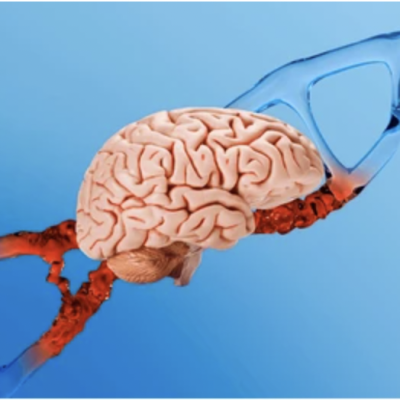Scientists have discovered a genetic profile that can predict the risk of depression in children and adolescents. This breakthrough could lead to early detection and treatment, potentially mitigating the severity of the illness. The study was conducted by researchers at the Max Planck Institute for Psychiatry in Munich, in collaboration with the Clinic and Polyclinic for Child and Adolescent Psychiatry, Psychosomatics, and Psychotherapy at Ludwig-Maximilians-Universität Munich. Depression is considered one of the most severe mental illnesses by the World Health Organization, affecting approximately 300 million people worldwide. The disease often begins in childhood or adolescence and can lead to significant impairment in daily life, including suicide. Early treatment can significantly reduce the severity of the illness and help individuals lead a normal life. However, depression in children and adolescents is often not diagnosed until later stages, with estimates suggesting that 50% of those requiring treatment are not diagnosed and treated appropriately.
To prevent depression in children and adolescents, the international team searched for risk factors that could indicate the onset of depression. The study found a genetic profile that indicates an increased risk of depression, which was published in the American Journal of Psychiatry. Previous studies with 460,000 adults who had depression showed that there is a clear genetic risk profile. In this study, the researchers used three samples of children and adolescents from a clinic and two epidemiological samples to show that the risk profile can serve as an early indicator of depression and depressive symptoms. However, the score only indicates an increased risk and not the disease itself. The study also found that there is a correlation between the severity of the illness and the age of onset and the genetic risk profile in children who have already been diagnosed with depression. Additionally, the researchers found that childhood abuse experiences significantly amplify the existing genetic risk factors.
According to Klinikdirektor Gerd Schulte-Körne, “this study is an important step towards understanding the complex genetic causes of depression in children and adolescents.” However, there is still much work to be done to improve the early diagnosis of depression in young people. If we know which children are more likely to develop depression, we can use effective prevention strategies to reduce the enormous burden of depression. Elisabeth Binder, the study’s lead author, stated that “there is still much to do to improve the early diagnosis of depression in young people. If we know which children are more likely to develop depression, we can use effective prevention strategies to reduce the enormous burden of depression.”










